E-Bikes are what defines F-U-N! They have an integrated motor that offers riders a pedal assist option to give a little extra boost when needed. They are a workout with a little less work. Pedal assist removes the challenge of biking in high elevation and climbing hills, so riders can just enjoy the journey. E-Bikes are a one-size-fits-all option for biking tours giving multigenerational families and groups of varying physical abilities the chance to ride together, unveiling a whole new lens on travel.
Try one of our crafted city tours where you will explore the lesser known corners of Santa Fe, diving deep into the culture and scenery. Our Inspired Guide will lead you as you tour the neighborhoods and wooded areas that serve as the foundation of the culture and history that created these unique and enchanting cities. Let our guides be in charge of the navigation and bring your tour to life with insider stories and tips!
Нью-Йорк
Исследовать
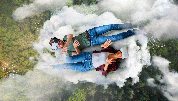 Уникальный опыт
Уникальный опыт
 Путешествия и транспортные услуги
Путешествия и транспортные услуги
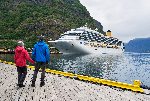 Туры, экскурсии и круизы
Туры, экскурсии и круизы
 Билеты и пропуска
Билеты и пропуска
 Билеты и абонементы на спортивные мероприятия
Билеты и абонементы на спортивные мероприятия
 Малая группа
Малая группа
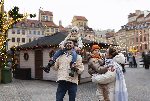 Сезонные и особые случаи
Сезонные и особые случаи
 Санитарные меры приняты
Санитарные меры приняты
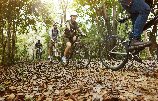 Занятия на улице
Занятия на улице
 Вероятность продажи
Вероятность продажи
 ЛГБТ-дружественные туры
ЛГБТ-дружественные туры
 Подходит для детей
Подходит для детей
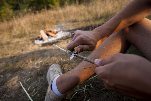 Включает животных
Включает животных
 Удобно избегать скопления людей
Удобно избегать скопления людей
 Еда, напиток
Еда, напиток
 Превосходное качество
Превосходное качество
 Классы и семинары
Классы и семинары
 Лучшая конверсия
Лучшая конверсия
 Аудиогиды
Аудиогиды
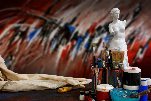 Искусство и культура
Искусство и культура
 Виатор Плюс
Виатор Плюс
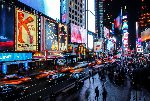 Sustainable Tours
Sustainable Tours
 Limousine Transfers
Limousine Transfers
 Donut Walking Tour
Donut Walking Tour
 Virtual Experiences
Virtual Experiences
 Additional fees
Additional fees
 DSA non-compliant
DSA non-compliant
 Уникальный опыт
Уникальный опыт
 Путешествия и транспортные услуги
Путешествия и транспортные услуги
 Туры, экскурсии и круизы
Туры, экскурсии и круизы
 Билеты и пропуска
Билеты и пропуска
 Билеты и абонементы на спортивные мероприятия
Билеты и абонементы на спортивные мероприятия
 Малая группа
Малая группа
 Сезонные и особые случаи
Сезонные и особые случаи
 Санитарные меры приняты
Санитарные меры приняты
 Занятия на улице
Занятия на улице
 Вероятность продажи
Вероятность продажи
 ЛГБТ-дружественные туры
ЛГБТ-дружественные туры
 Подходит для детей
Подходит для детей
 Включает животных
Включает животных
 Удобно избегать скопления людей
Удобно избегать скопления людей
 Еда, напиток
Еда, напиток
 Превосходное качество
Превосходное качество
 Классы и семинары
Классы и семинары
 Лучшая конверсия
Лучшая конверсия
 Аудиогиды
Аудиогиды
 Искусство и культура
Искусство и культура
 Виатор Плюс
Виатор Плюс
 Sustainable Tours
Sustainable Tours
 Limousine Transfers
Limousine Transfers
 Donut Walking Tour
Donut Walking Tour
 Virtual Experiences
Virtual Experiences
 Additional fees
Additional fees
 DSA non-compliant
DSA non-compliant




 ru
ru
 English
English
 French
French
 Polish
Polish
 Ukrainian
Ukrainian
 Serbian
Serbian
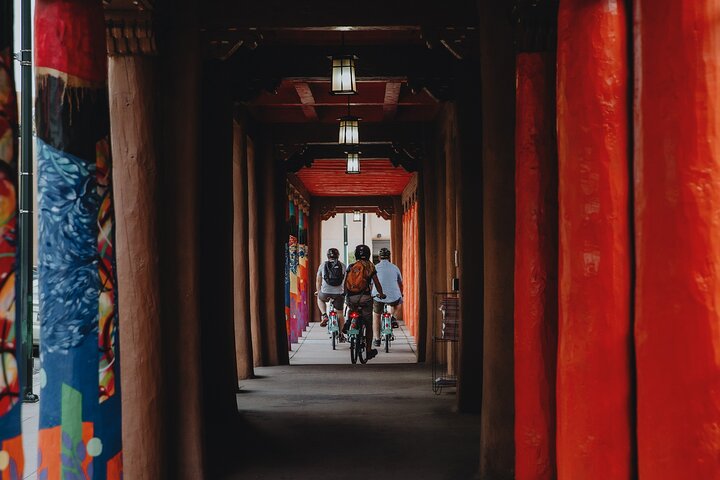
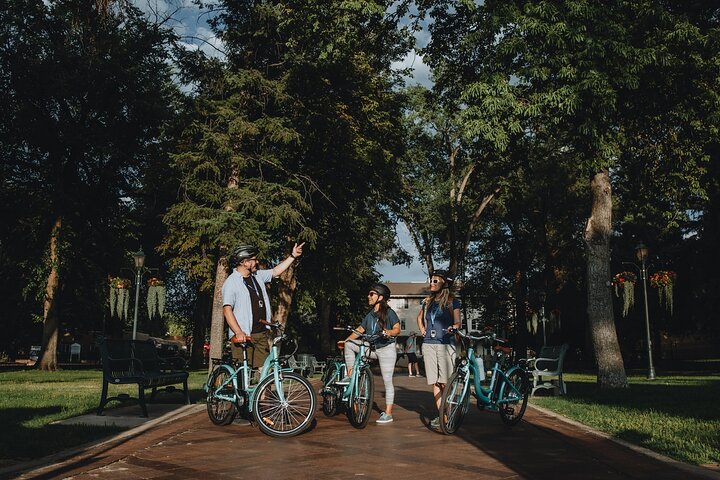
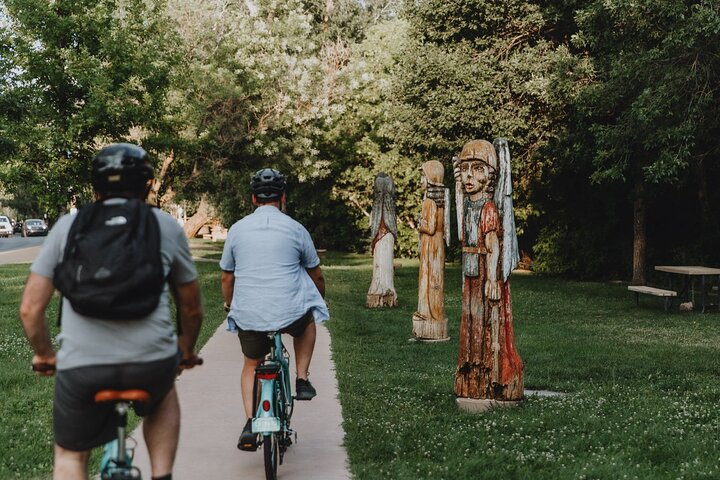
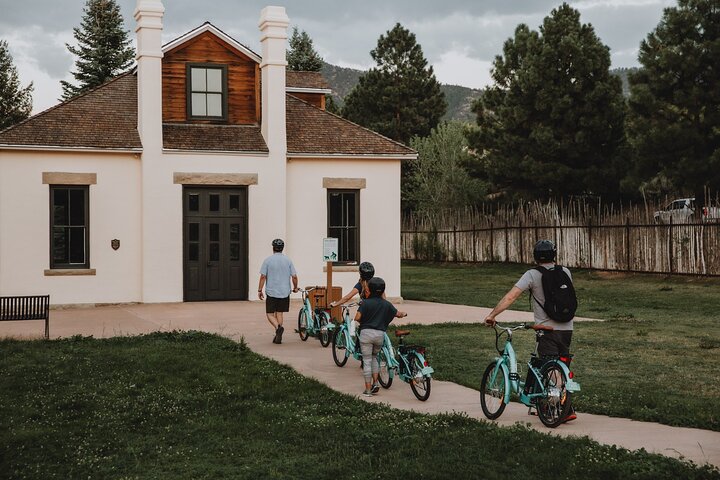
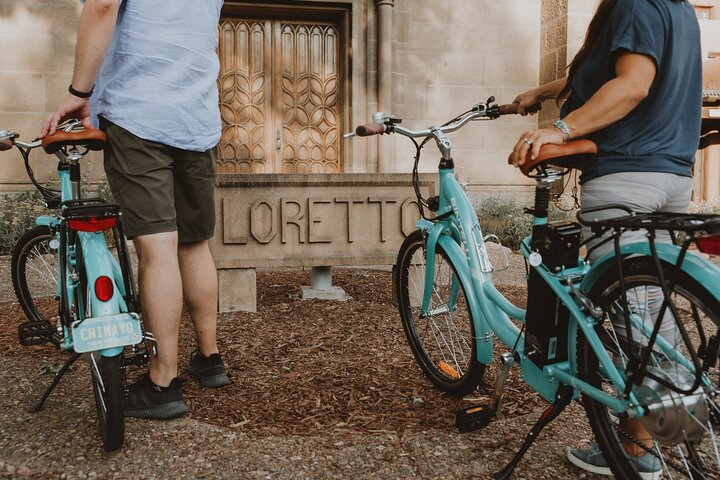
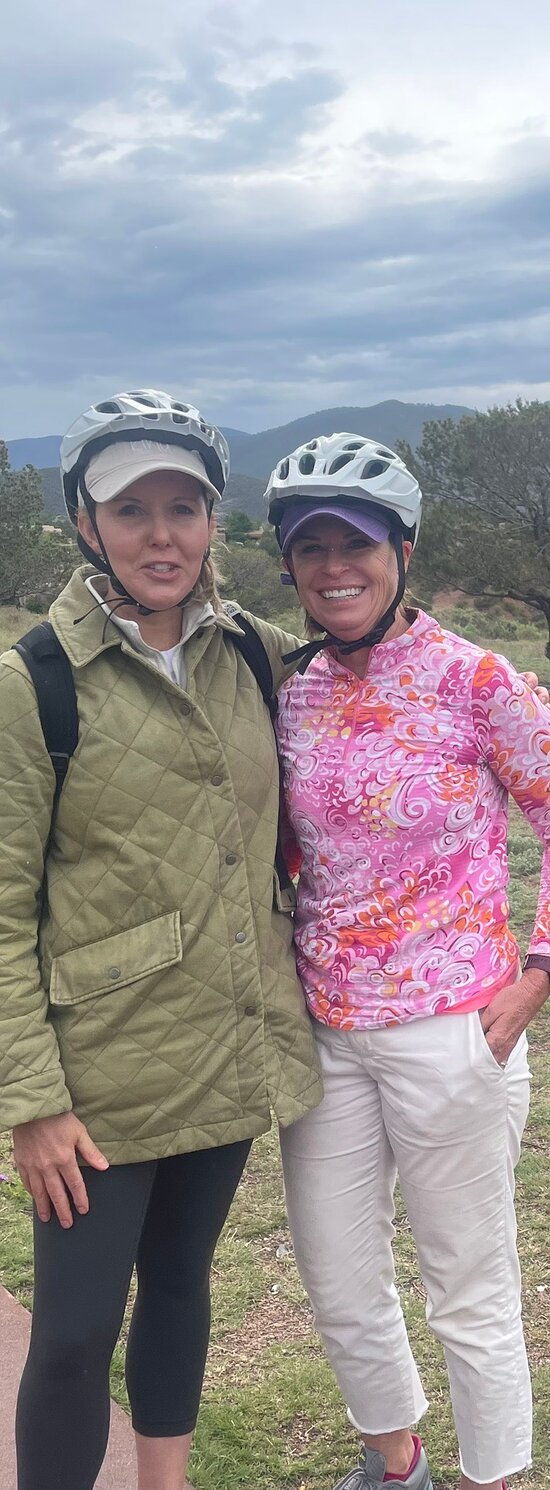
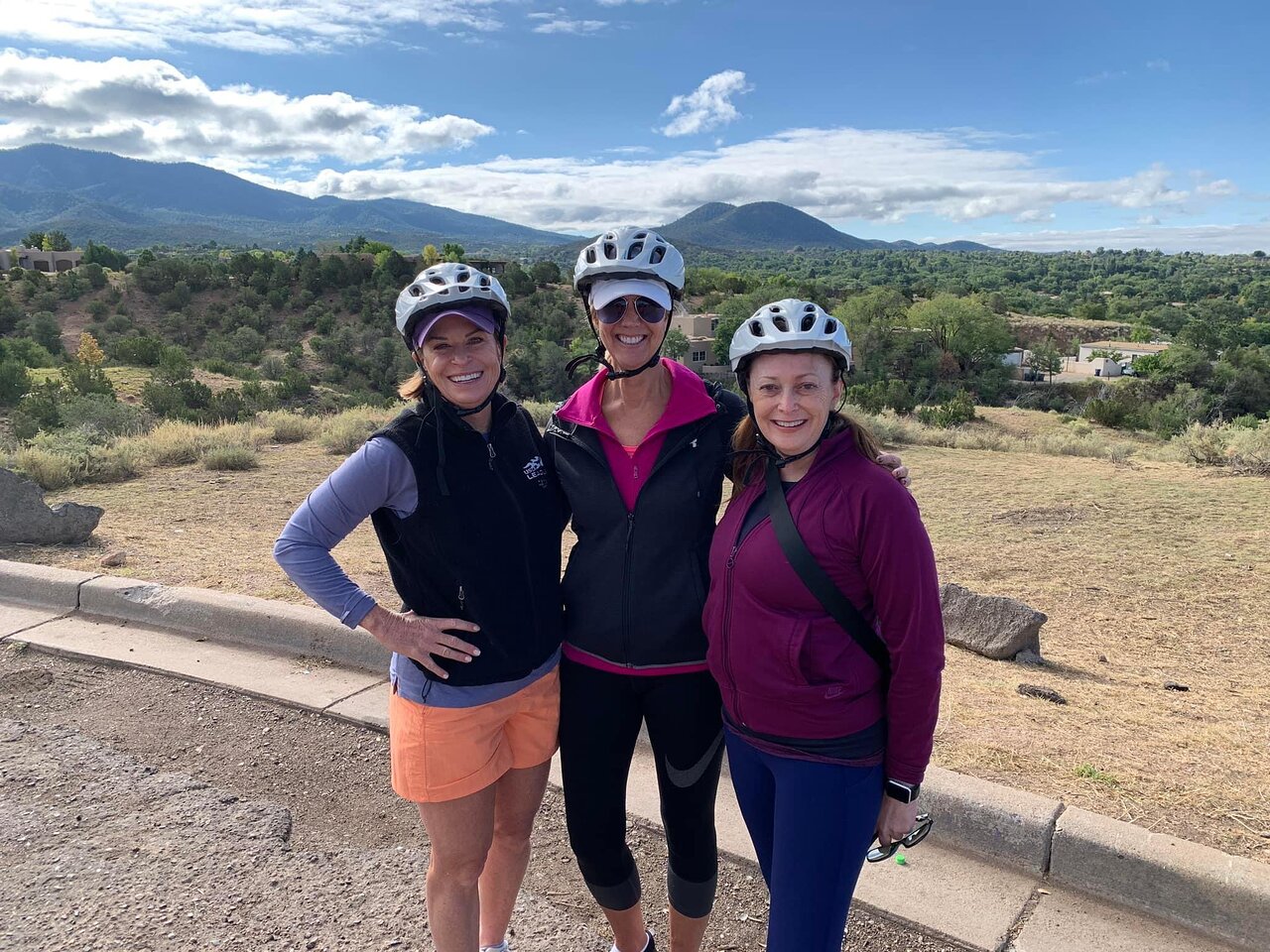
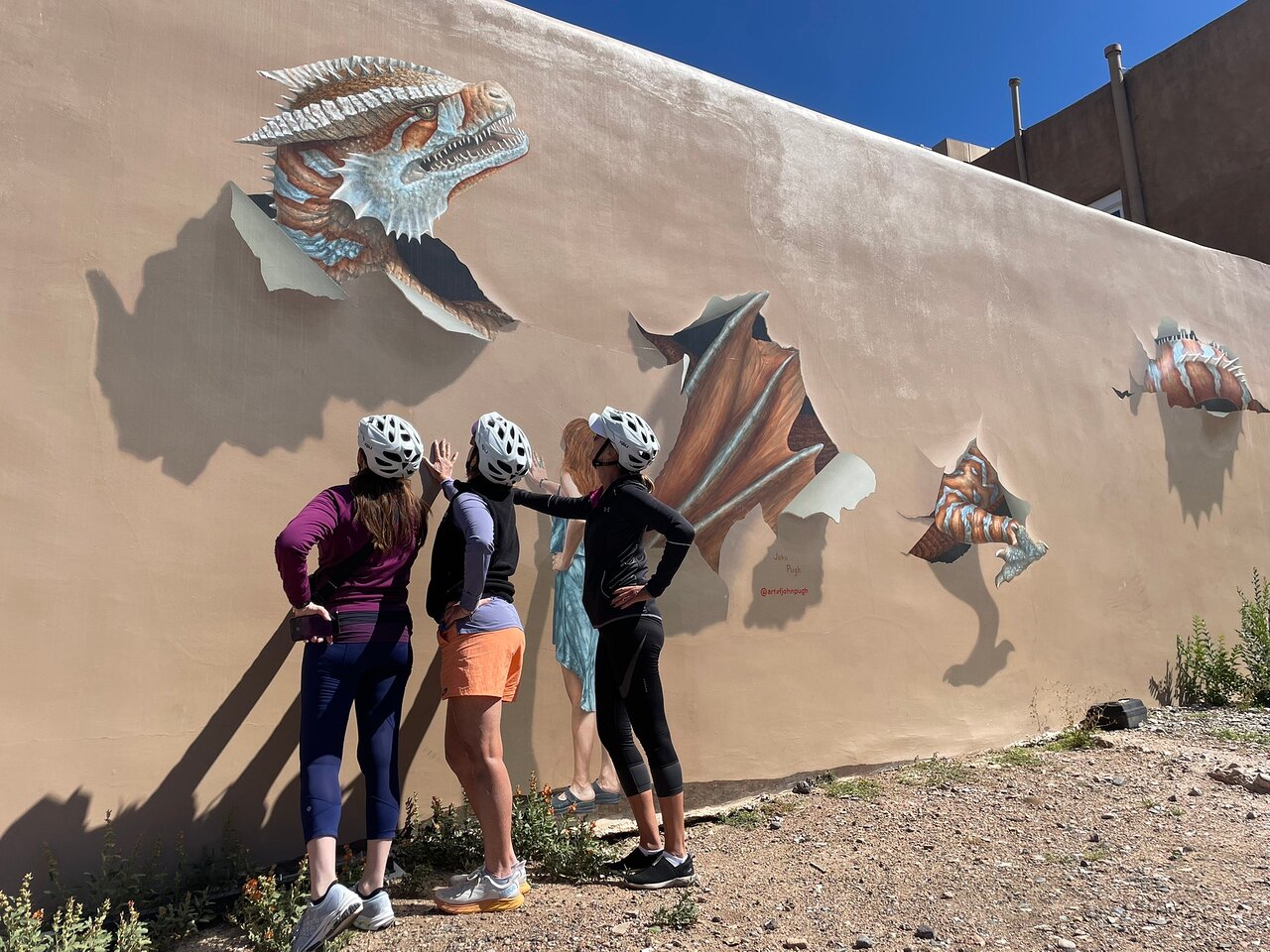
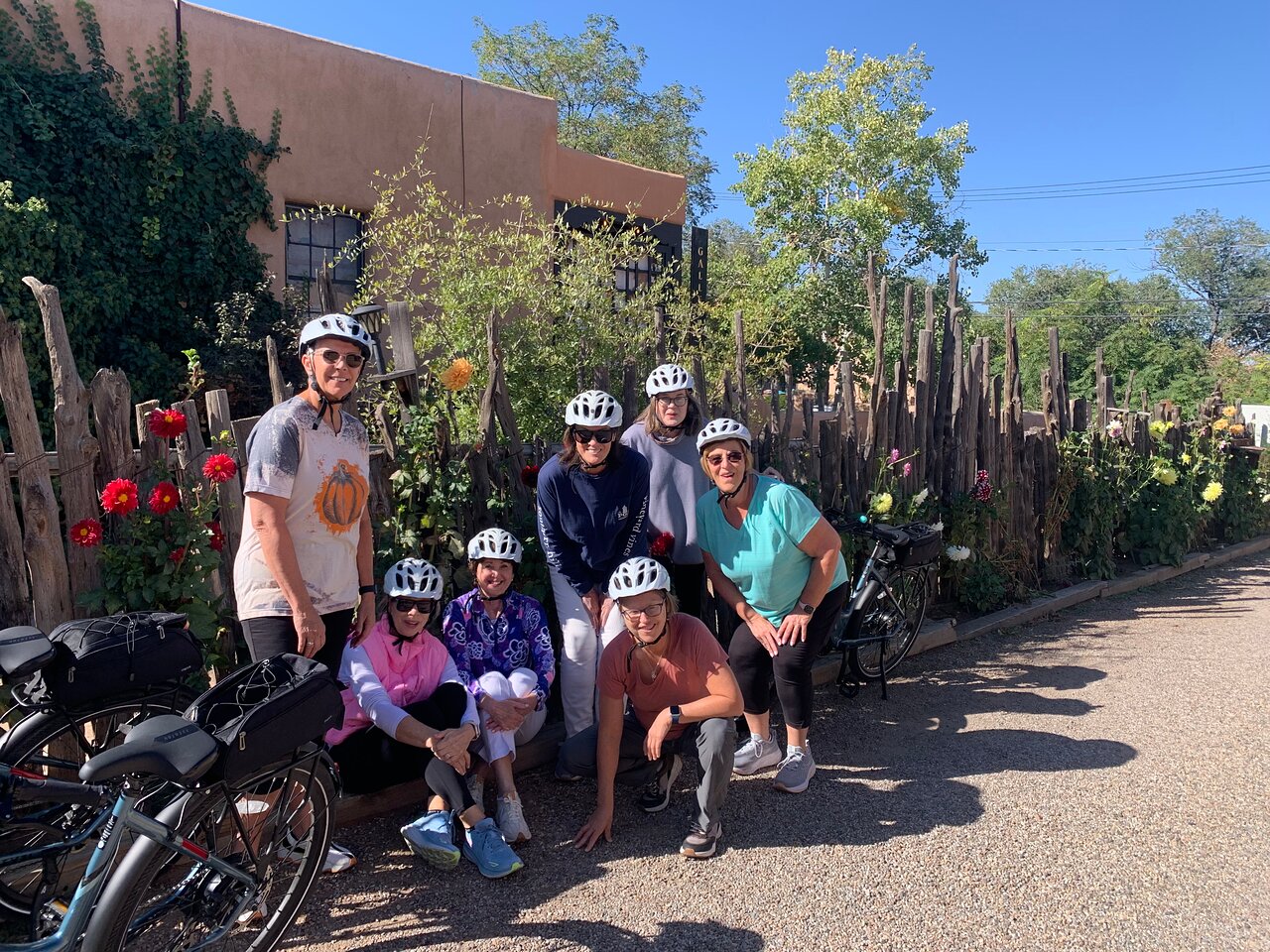
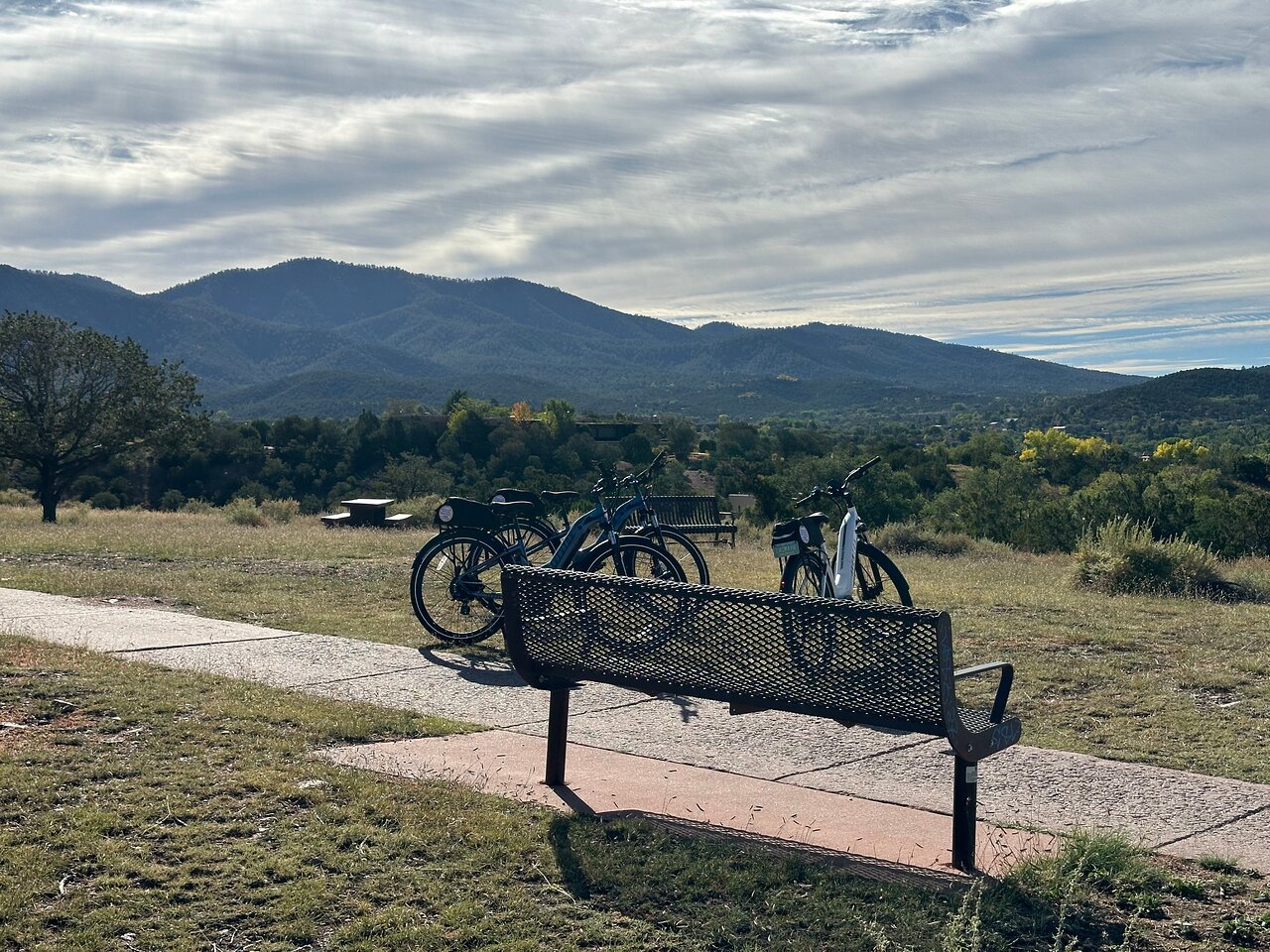
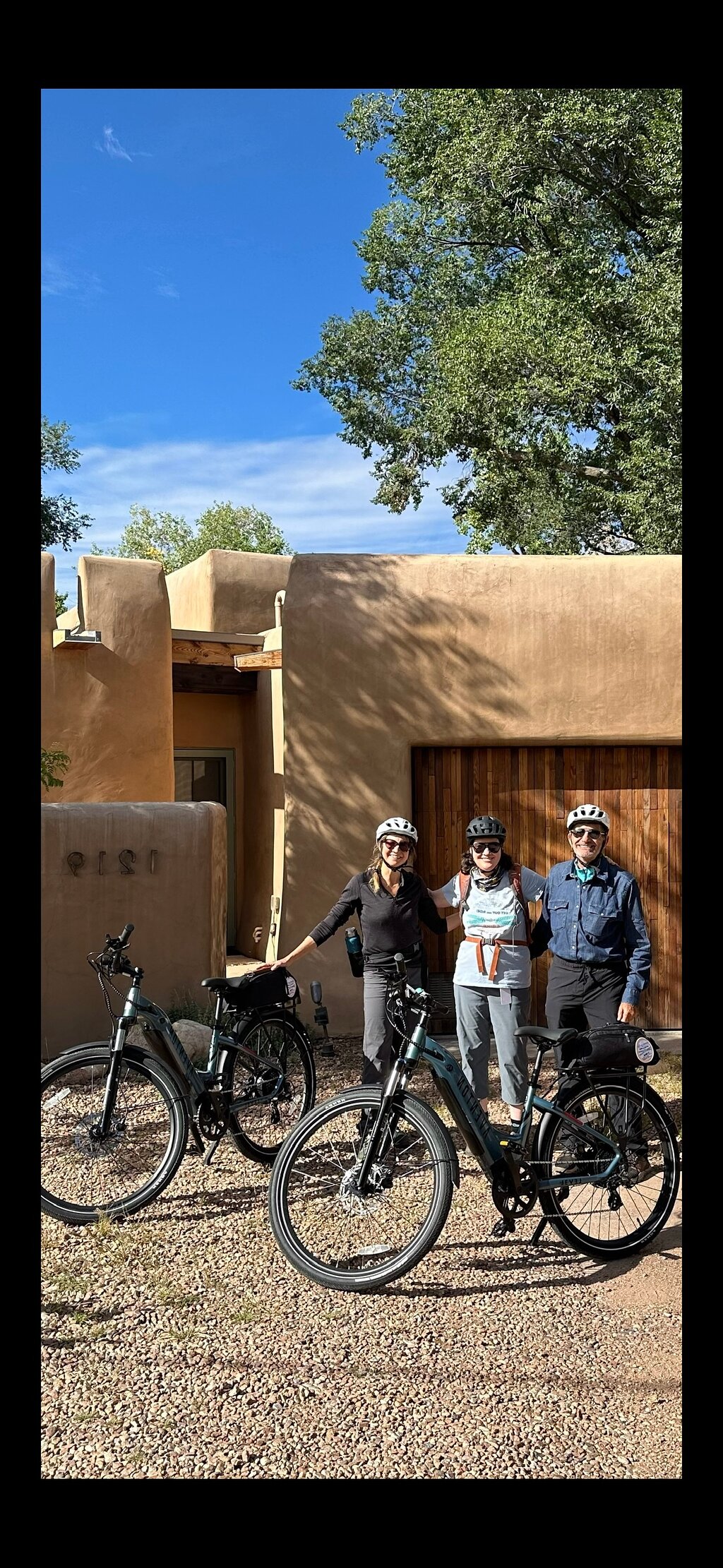
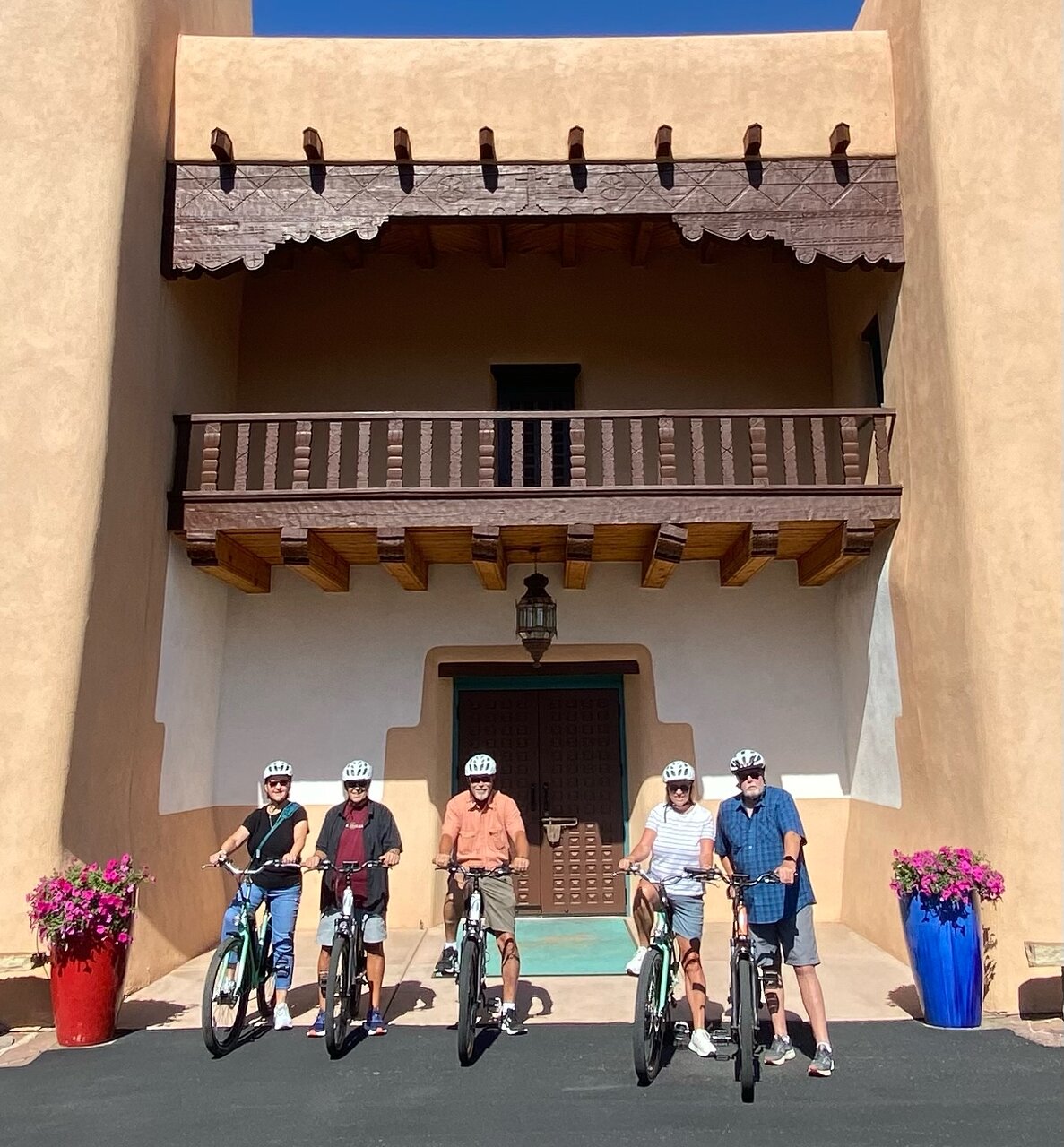
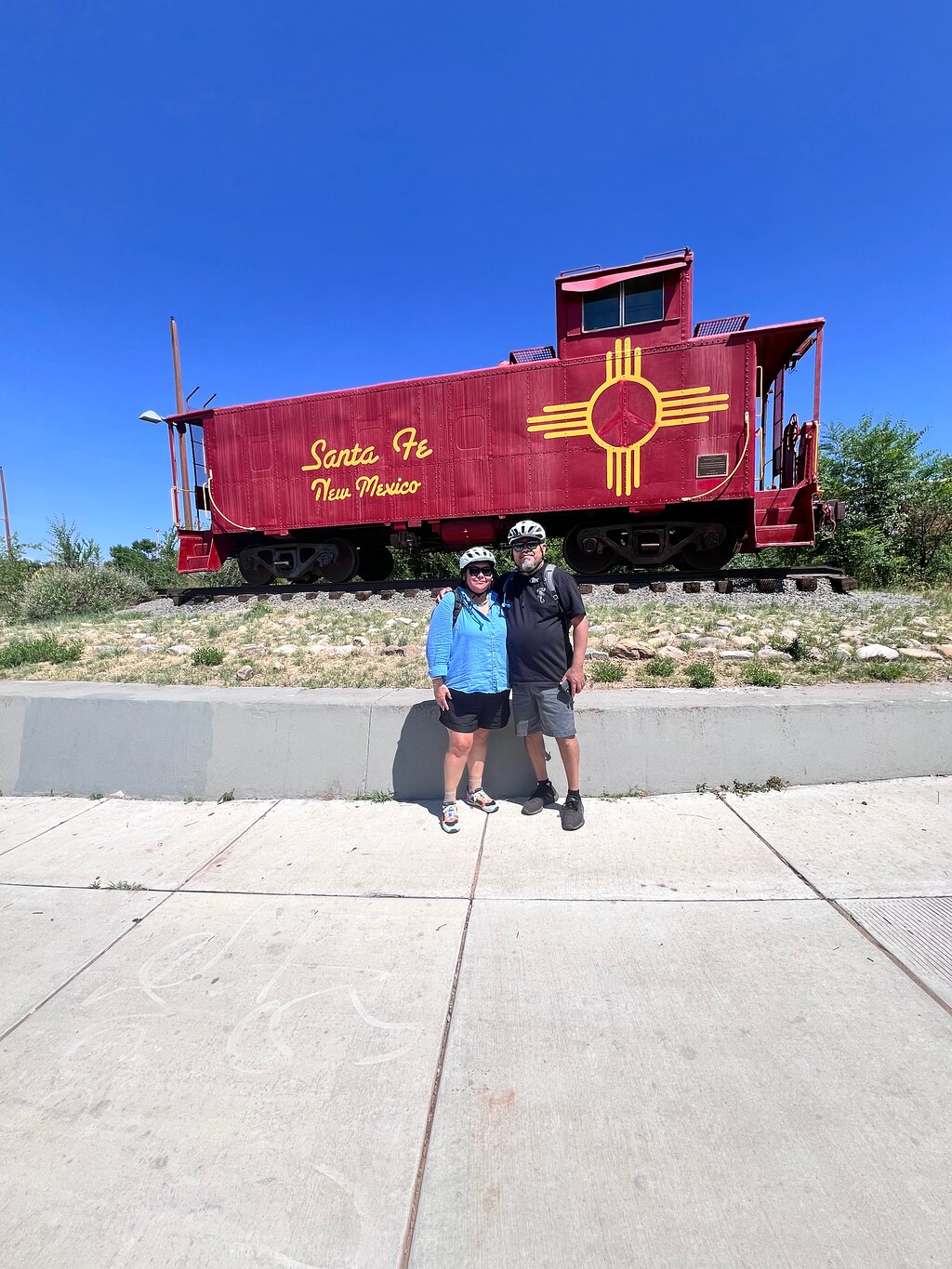
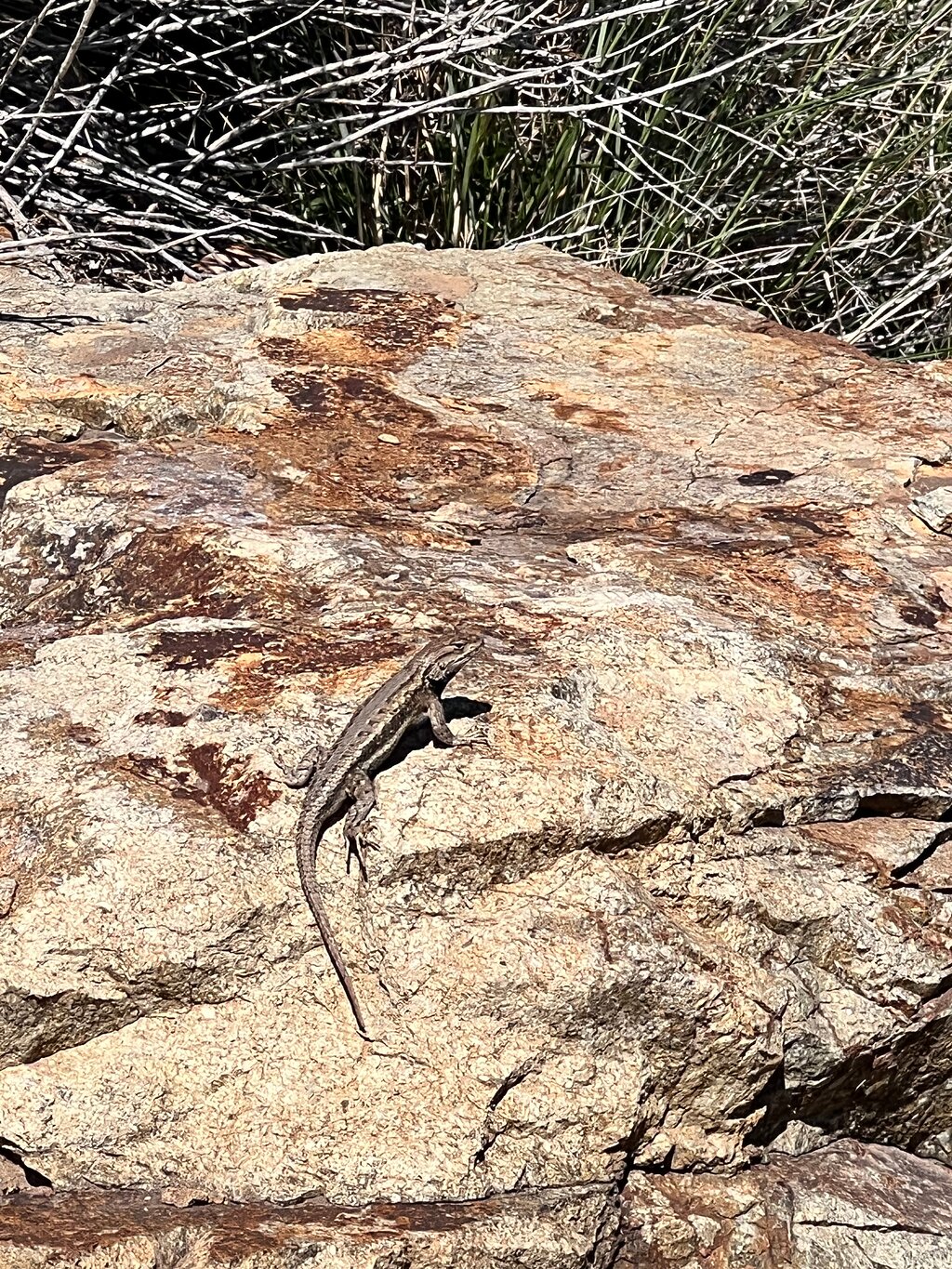
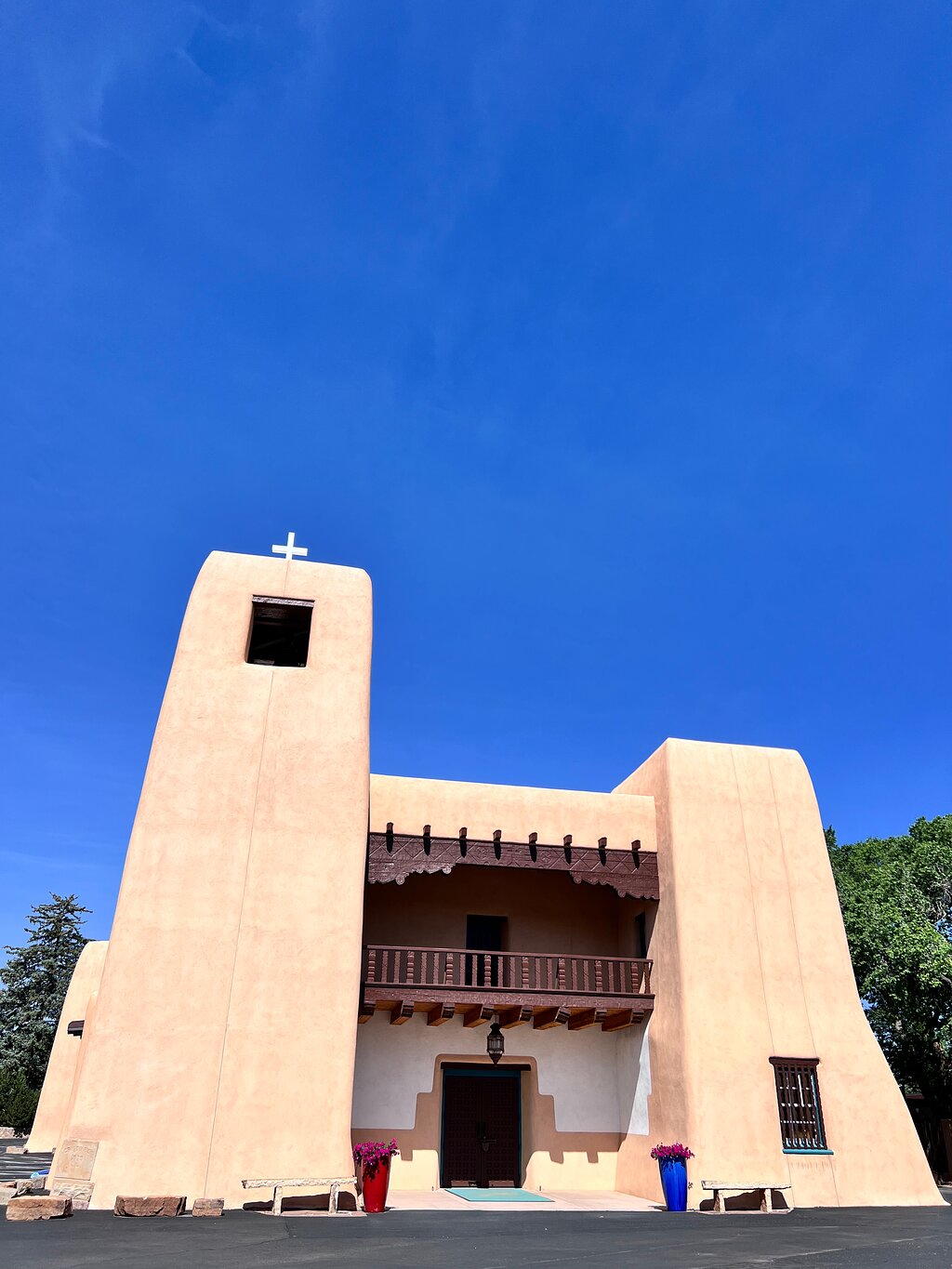
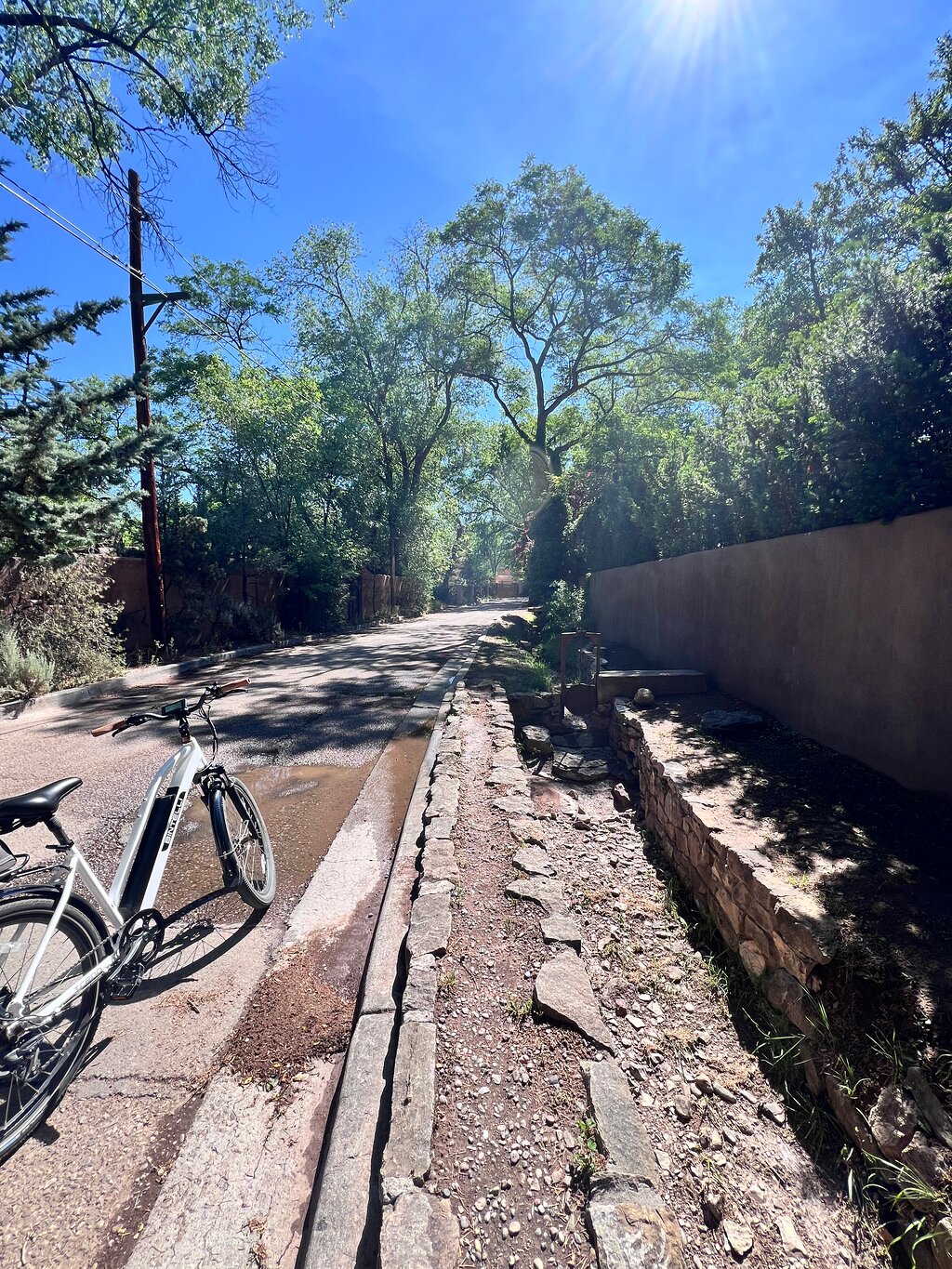
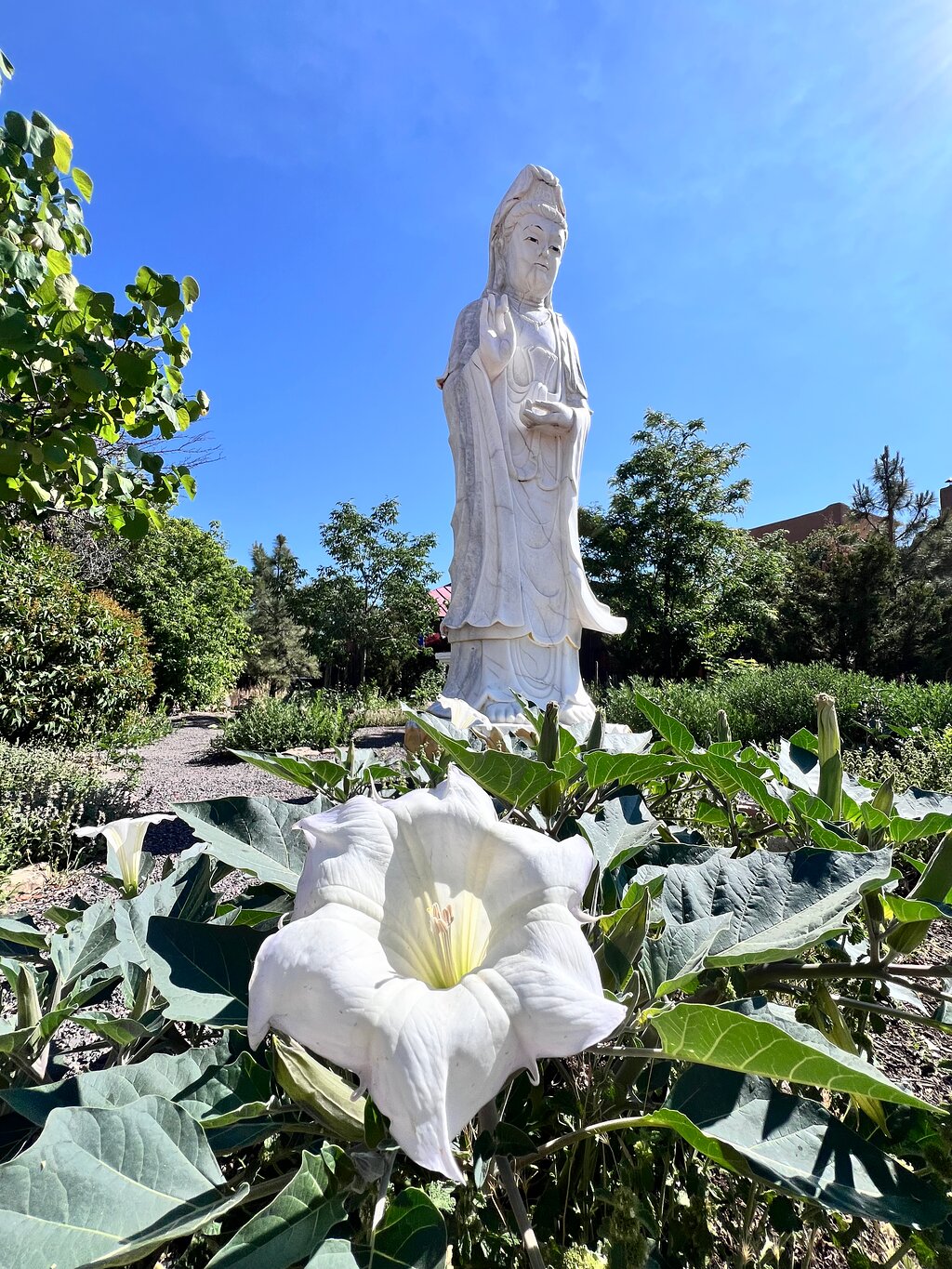
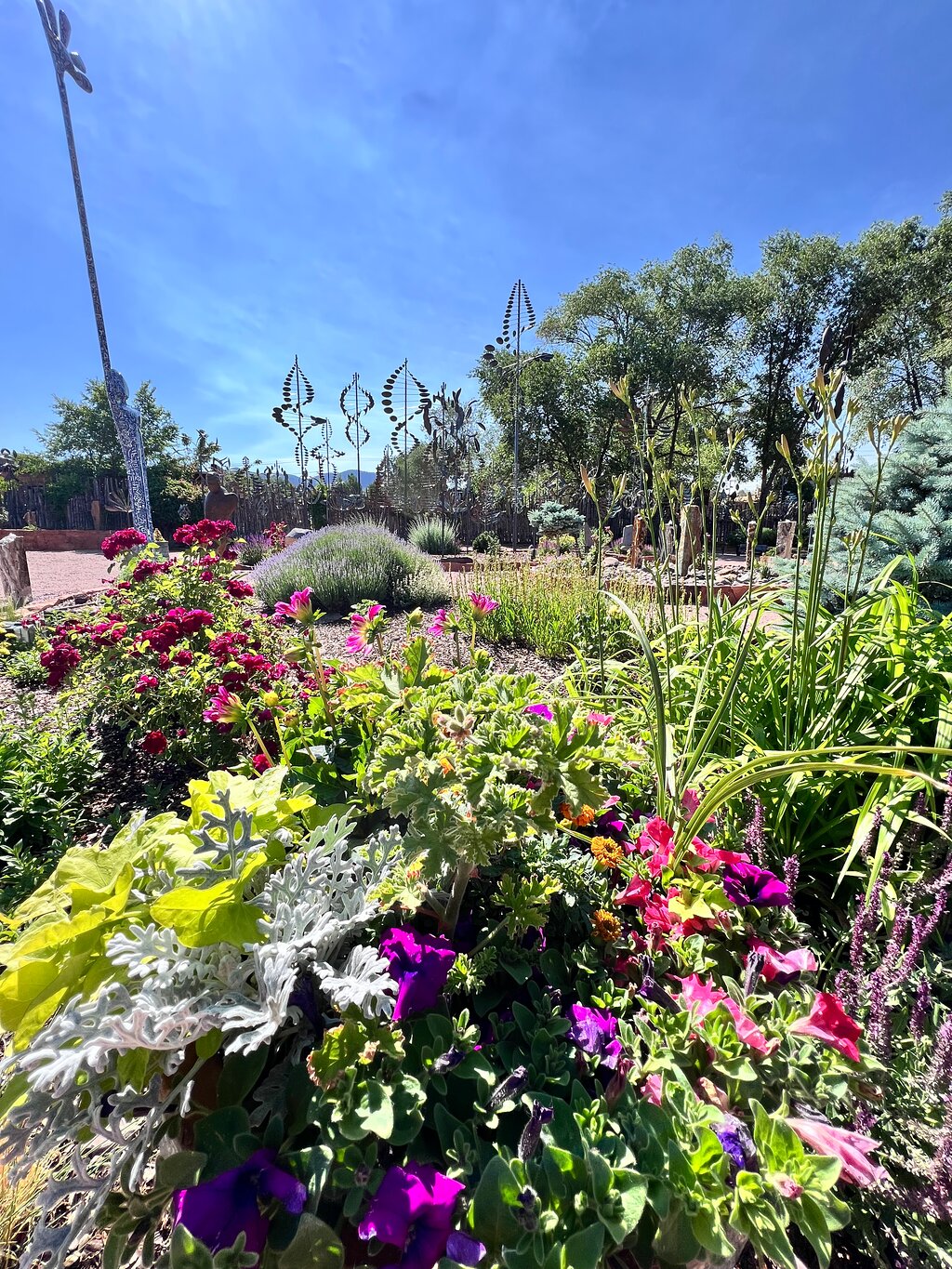
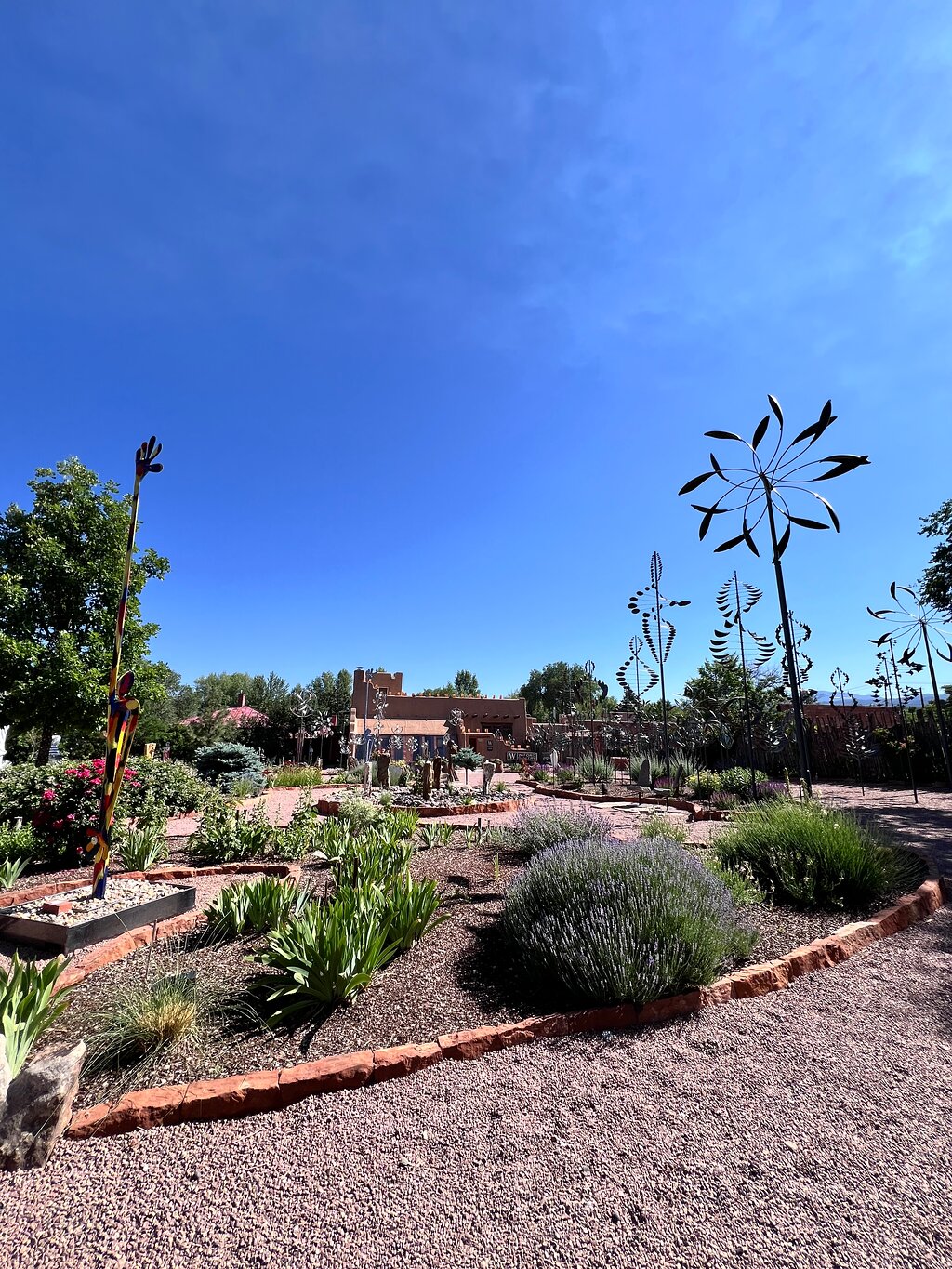
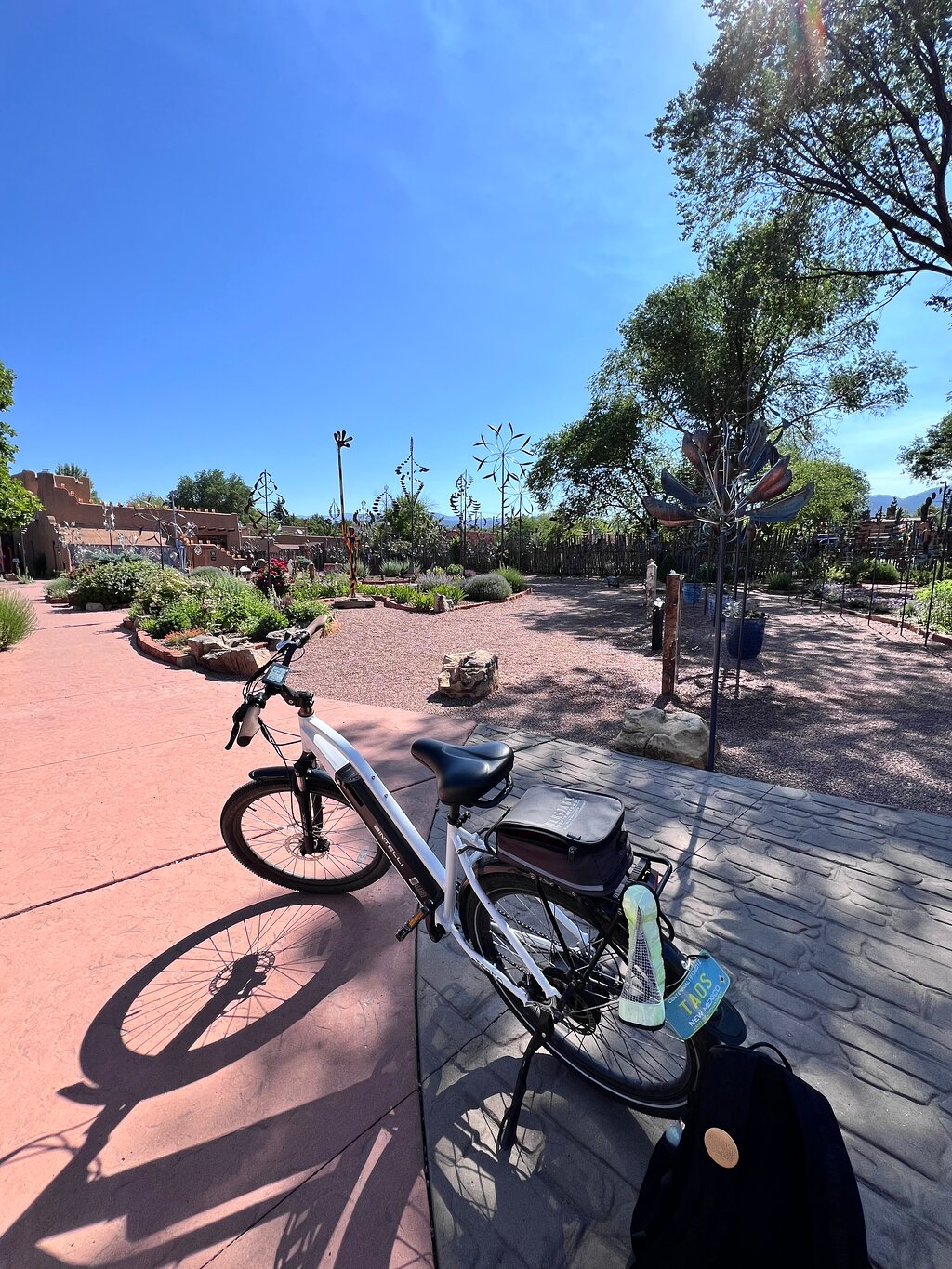
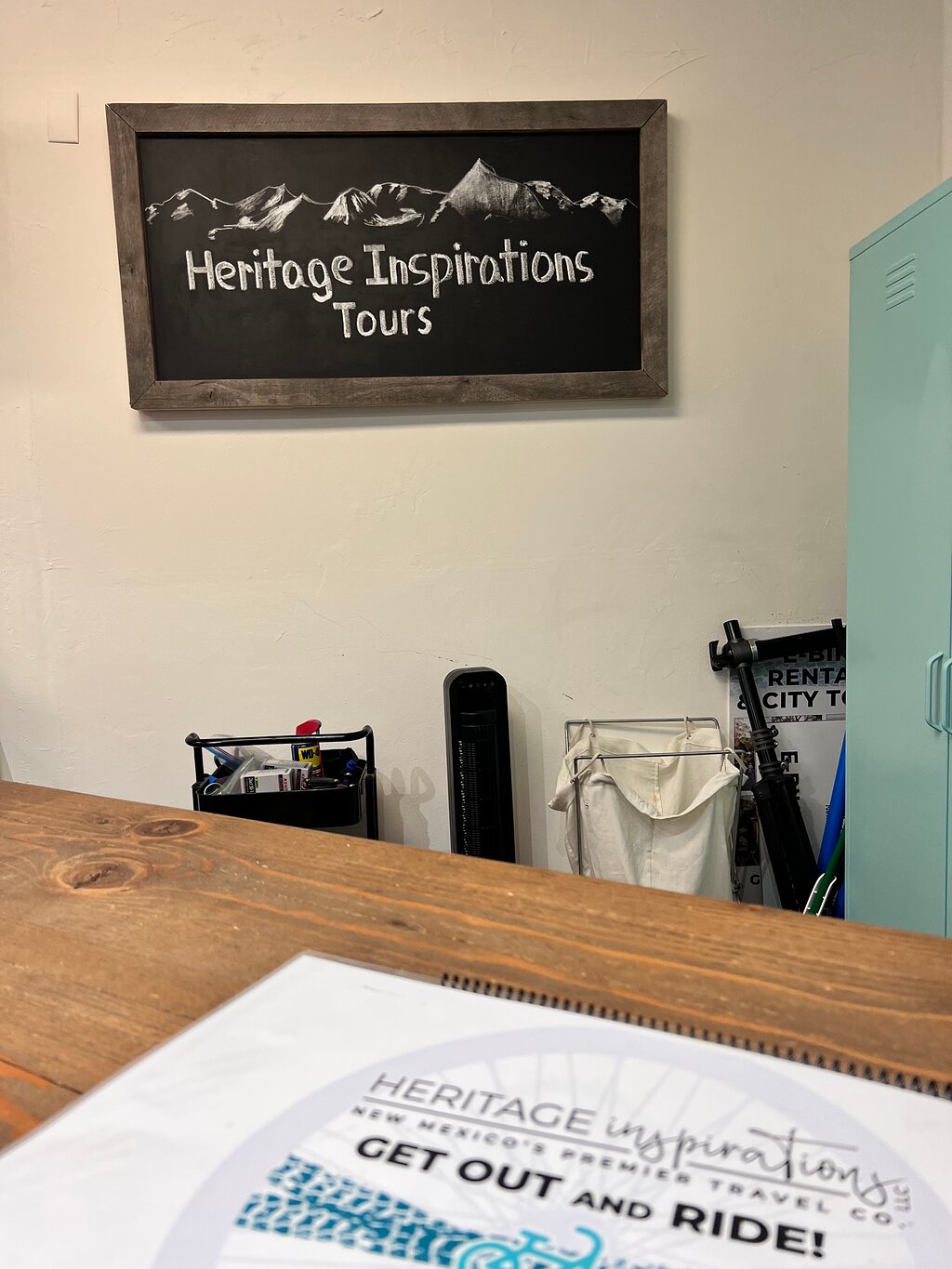

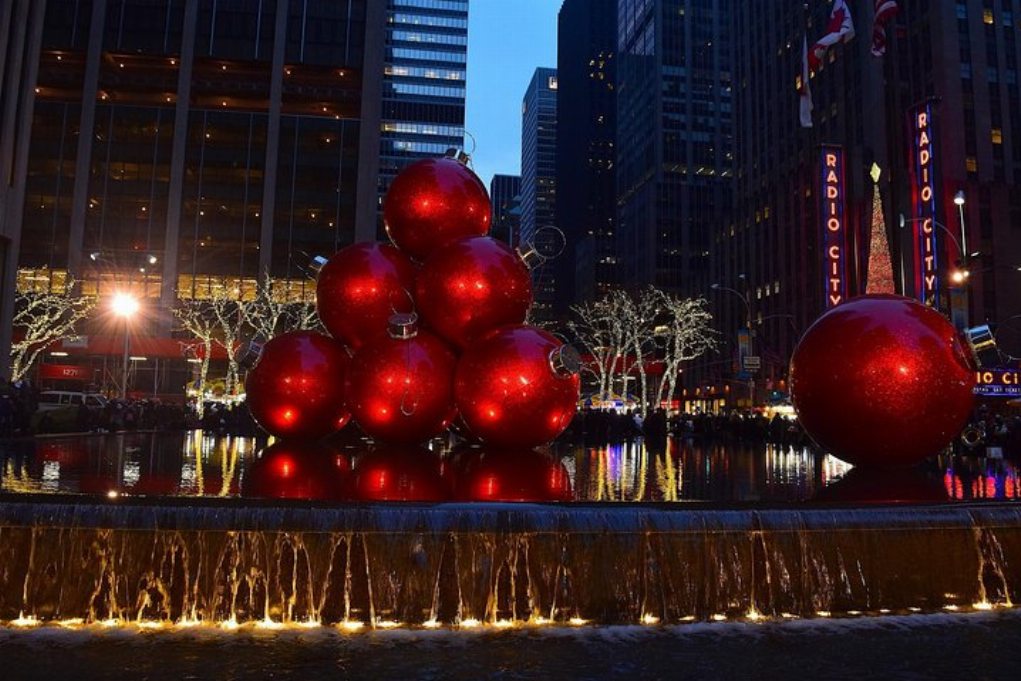

 Более
Более
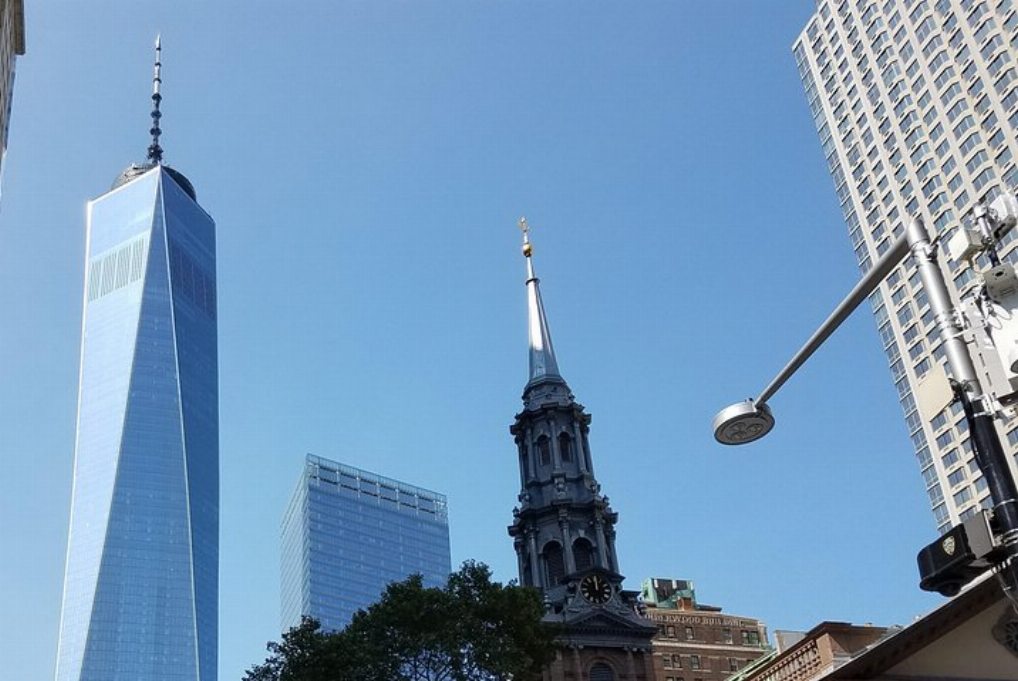
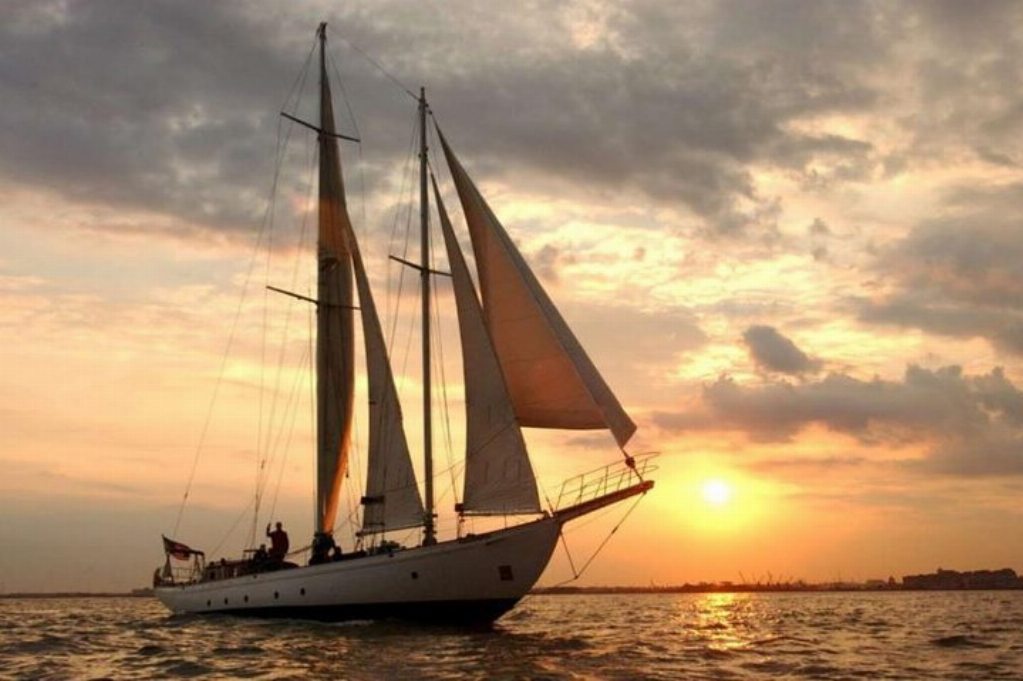
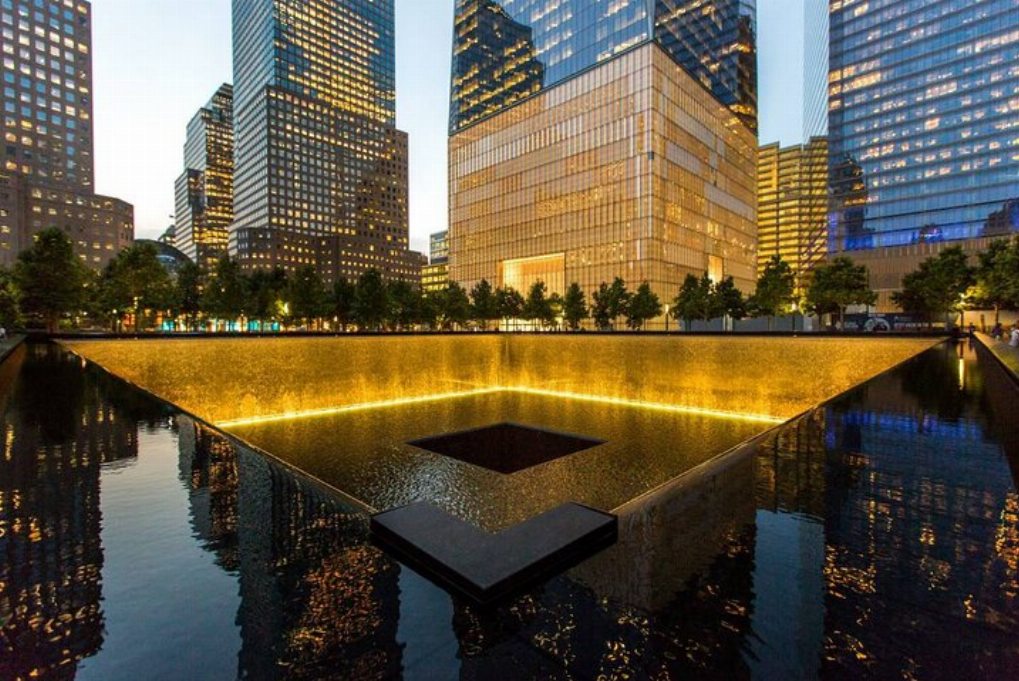
 Продолжить через Google
Продолжить через Google
 Продолжить с Facebook
Продолжить с Facebook
 Продолжить с Twitter
Продолжить с Twitter

